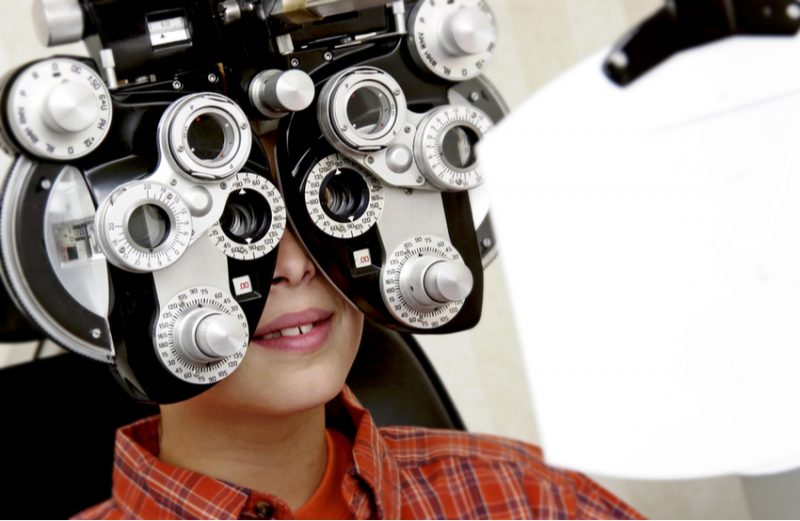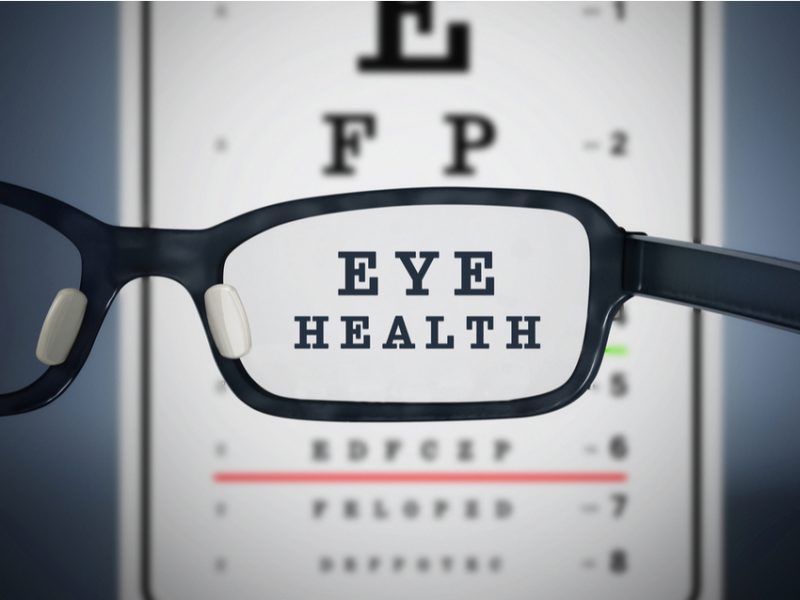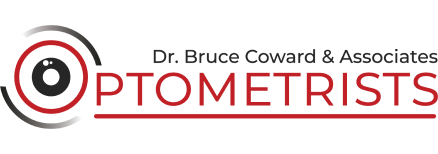The Importance of Having Eye Exams
How healthy are your eyes? It’s hard to know without a comprehensive eye exam, which is why the Canadian Association of Optometrists recommends having an eye exam every 2 years for adults and every year for children and anyone aged over 65. Here, we’ll look at the importance of having eye exams and what to expect during your appointment.
How Long Does An Eye Exam Take?
An eye exam usually takes around 30 minutes. However, your age and eye health may affect the length of time of your eye examination.
Is A Child’s Eye Exam the same as an Adult’s?

A child’s eye exam is different from the adult version. There are specific childhood conditions we need to look for that can be particularly damaging to a child’s vision and development. These include:
- Amblyopia or lazy eye
- Congenital glaucoma
- Corneal abrasions
- Ocular surface diseases
- Retinopathy of prematurity (ROP)
- Strabismus
Children’s eye exams also differ because they are tailored to your child’s ability. If your child can’t yet talk, we can still track their eye movements, check for a glasses prescription, and examine their eye health. For older children, we can check their vision using matching tasks or by asking them to identify objects. The older your child gets, the more in-depth their eye exam will become so we can get a fuller picture of their visual ability.
What Happens At An Eye Exam?
At your adult eye exam, we will begin by discussing your current vision, medical history and any problems you may be experiencing with your eyesight.
We will determine whether you are near or far-sighted and if you have an astigmatism or presbyopia. If you do, we will provide you with an up-to-date prescription and discuss the most suitable option for your vision correction, including glasses, contact lenses, orthokeratology (Ortho K) lenses, or LASIK surgery.
We will also assess whether your eyes are working together as a team and whether you are likely to experience eye strain or double vision. We will then examine the front surface of your eye for ocular conditions such as corneal infections, dry eye, and cataracts. If we detect anything of these, we will recommend appropriate treatment.

Another important component of an eye exam is measuring your intraocular pressure – the pressure within your eye. If this is higher than it should be, it could be an indicator of whether you are at risk of developing, or already have a sight-threatening disease called glaucoma. Early detection and treatment are crucial to preventing vision loss.
Finally, we will check the health of the back of your eye using our magnifying diagnostic lenses. This will help us detect early signs of eye conditions such as diabetic retinopathy, glaucoma, age-related macular degeneration, and retinal detachments. We may need to apply some eye drops to your eyes to dilate your pupils before we examine your retina – this will help our Optometrists better assess your retinal health. Fundus photography and ocular coherence tomography are tests additionally available that can track changes to your retina over time and monitor any ocular diseases.
Help Us Keep an Eye on Your Vision
Make sure you and your family stay on top of your annual eye exams. Schedule your or your child’s next eye exam with one of our experienced Optometrists at any of our practices in Belleville, Brighton, Trenton or Picton today.

